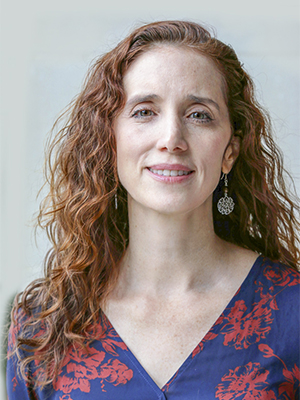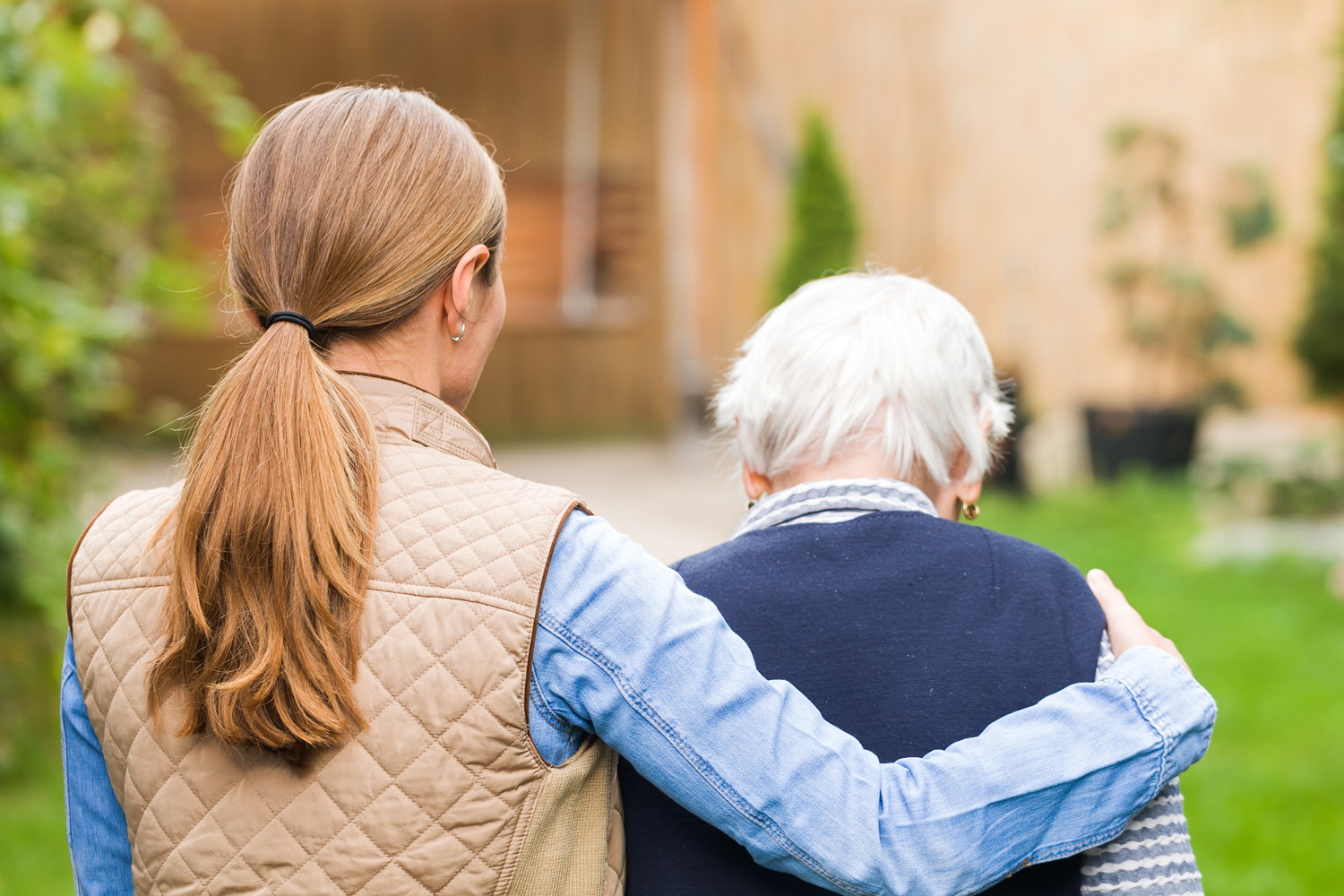
K.J. Bannan Photo by Suz Redfearn
I WAS NEVER ABLE TO EXACTLY EXPRESS how I felt when I was caring for my mom, who was diagnosed with stage IV lung cancer in 2017. My emotions included anger, depression, fear and sadness.
It wasn’t until I read a research study about quality of life among cancer caregivers that I realized the fears and feelings that overwhelmed me had a name: caregiver burden, a term that encapsulates the multifaceted strain of caring for someone who is ill over the long haul.
“It is a tricky concept to define,” says Jacquelyn J. Benson, a researcher who studies family caregiving dynamics at Washington University School of Medicine in St. Louis. “It is not uncommon for caregiver stress to be used interchangeably to mean the same thing as burden.” This perceived stress can affect many facets of a caregiver’s mental and physical well-being while they juggle caregiving alongside their usual responsibilities, such as work and caring for children, Benson says.
“It’s just often feeling the sense that they’re not able to meet anyone’s expectations,” she says. “They feel like they’re not doing a good job in any domain. They don’t think they have enough time for their kids, their spouse or partner, other family, their work, and the care recipient.”
Caregivers can feel the impact of stress in many ways. They may be distracted or even lack sympathy for the person they are caring for as they are pulled in several different directions. As stress increases, their ability to care for their loved one may suffer. For example, they may forget a patient’s appointment or miss giving medications on time. In addition, as demands increase, people who care for another may become isolated, missing social events and not reaching out to friends.
While not easy, reducing the level of caregiving burden often comes down to asking for and accepting help. Caregivers can reach out to friends and family members to take on tasks like doing laundry, organizing meals or driving. It is important to provide clear direction to others on how they may be able to lend a hand. Those not participating in daily caregiving may not know how difficult it is, Benson says.
Benson also suggests seeking support from hospital social workers, clergy, nurses or nurse navigators, as well as caregiving support groups.
“Don’t be afraid to ask for help,” Benson says. “The patient’s professional caregiving team, caregiving support groups and peer-to-peer mentors who have been through similar circumstances have a lot of wisdom and knowledge to draw from.”
Cancer Today magazine is free to cancer patients, survivors and caregivers who live in the U.S. Subscribe here to receive four issues per year.





